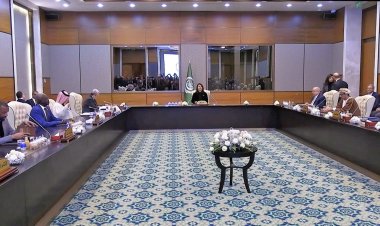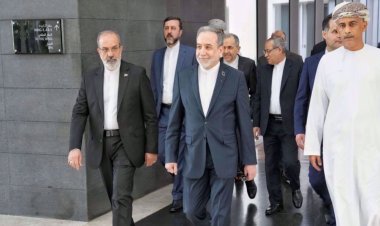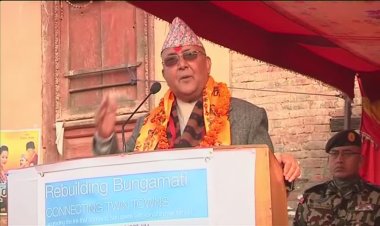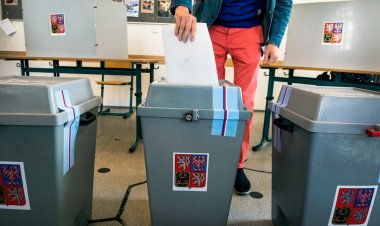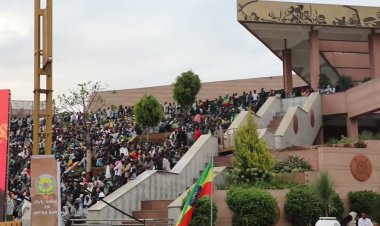Japan, Philippines Boost Defense Ties Amid Tensions
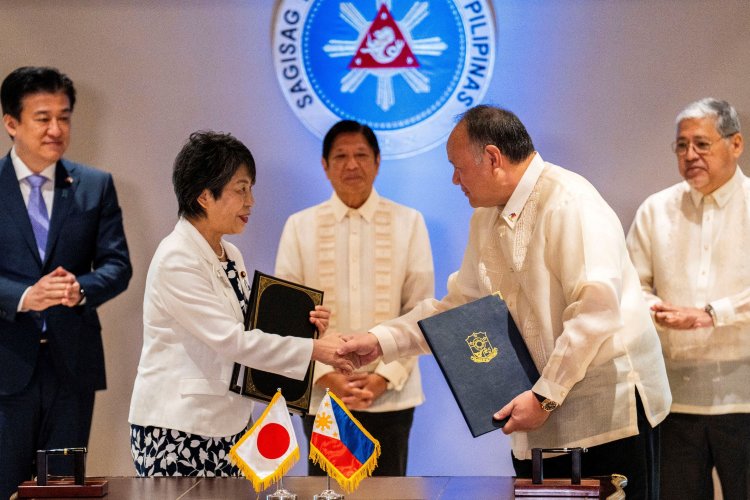
Japan's foreign minister reiterated the importance of peace and stability in the Indo-Pacific region and said that her country was opposed to "unilateral attempts to change the status quo by force or coercion".
Yoko Kamikawa made the remarks at a joint press conference following a “2 plus 2” meeting between foreign and defense ministers from Japan and the Philippines in Manila.
The two countries boosted defense ties by signing a reciprocal access agreement (RAA), saying they were seeking stability in the region, amid rising tensions with China.
The deal is the first of its kind to be signed by Japan in Asia and coincides with a rise in assertive actions by Chinese vessels in the disputed South China Sea.
Both the Philippines and Japan, two of the United States' closest Asian allies, have taken a strong line against what they see as an increasingly assertive China in the South China Sea, a region where Beijing's expansive claims conflict with those of several Southeast Asian nations.
More than 70 years after Japan's invasion and occupation of the Philippines during World War II, the countries signed a defense pact that allows them to deploy troops on each other's soil.
The agreement was finalized during high-level defense talks in Manila and comes as China increases military and diplomatic pressure in the Asia-Pacific region.
The Reciprocal Access Agreement, or RAA, provides the legal framework for the deployment of Japanese troops and equipment in the Philippines, and vice versa.
It took more than seven months to negotiate and will take effect after ratification by lawmakers in both countries.
Both countries have long standing maritime territorial disputes with China and this agreement allows for increased cooperation between their militaries in combat training as well as disaster response.
Japan, which hosts 54,000 US military personnel, has signed similar reciprocal access agreements with Britain and Australia, but this is its first in Asia.





